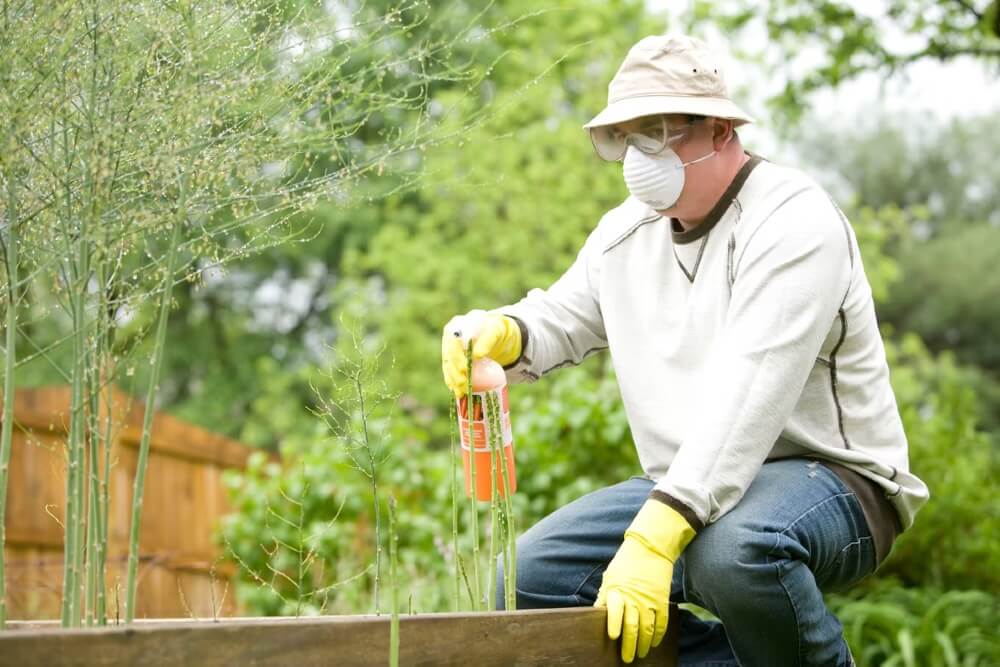Do you love the smell of fresh flowers and the taste of homegrown vegetables? If you’re like me, then you’ll love growing your own plants! It can be a fun and rewarding experience, and it’s a great way to save money on groceries.
In this blog post, we will discuss some helpful tips on how to get started with gardening. We’ll cover everything from choosing the right plants to watering and fertilizing them. So read on for some useful advice that will help you create a beautiful garden of your own!
Table of Contents
Consider the equipment and tools you have available
You don’t need to have a green thumb or a lot of money to get started with gardening. All you really need are some basic supplies, such as gloves, pots, soil, and seeds. If you don’t have any of these things on hand, you can usually find them at your local hardware store or nursery.
Furthermore, you can think about things like the exaco junior victorian j-vic 24 96 square foot greenhouse, for the right conditions for your plants, or things like pole saws and other types of supplies that are slightly more advanced, but still some of the basic things you can have in your gardening shed.
Choose the right plants for your climate
When choosing plants for your garden, it’s important to consider the climate. Some plants thrive in hot weather, while others prefer cooler temperatures. It’s also important to choose plants that are suited to your region’s soil and climate conditions.
You can ask your local nursery or garden center for advice on which plants are best suited for your area. Moreover, take into consideration the time the sun is out and how much heat or light your plants will be getting.
Next, according to the time the sun is out, you should plan out the locations where you want to plant your garden. For instance, planting your garden near your home can block out the sun, which does not allow the full utilization of your climate.
Clear the ground
If you want your plants to thrive, then you need to keep on top of the weeds. Weeds compete with your plants for nutrients and water, so they can quickly take over if you’re not careful. When weeding, be sure to pull up the entire plant, root and all.
This will help prevent the weed from regrowing. Weeds can be a major nuisance when gardening, so it’s important to remove them before planting your plants. One way to do this is by using a hoe.
This tool can help you quickly and easily remove the weeds from your garden. Be sure to hoe around your plants on a regular basis to keep the weeds at bay. Furthermore, make sure you dig out all of the rocks and similar objects from the ground.
Plant some flowers to add color
If you’re looking for ways to add some color to your garden, then consider planting some flowers. Flowers can add beauty and color to your garden, but they can also provide a number of other benefits.
For example, flowers can attract bees and other pollinators, which is great for the health of your plants. They can also help to attract birds, which can help to control pests. Additionally, flowers can provide a source of nectar for butterflies and other insects.
This can be beneficial for the garden, as it helps to create a healthy ecosystem. Finally, blooming flowers will always be a pleasant thing to look at.
Fertilizing your plants is crucial
Fertilizing your plants is important to help them grow strong and healthy. You can use store-bought fertilizer or make your own compost using kitchen scraps and yard waste. When it comes to choosing the right fertilizer for your plants, there are a few things you’ll want to keep in mind.
First, you’ll need to decide what type of fertilizer you want to use. There are many different types of fertilizers on the market, such as organic or synthetic fertilizers. Second, you’ll need to consider the age and size of your plants.
Young plants need a high nitrogen content, while mature plants need more phosphorus and potassium. Finally, be sure to read the instructions carefully and follow the dosage recommendations. Over-fertilizing can damage your plants, so it’s important to be careful when using fertilizer.

Be sure to know when you should water the plants in your garden
Watering your plants is essential to their health, but you don’t want to overdo it. Be sure to check the soil before watering, and only water when the soil is dry. Furthermore, be sure to water in the morning so that the leaves have time to dry before nightfall.
Overwatering can lead to fungal growth and root rot, so it’s important to be careful when watering your plants. Create a watering schedule and stick to it so that your plants get the water they need without being overwatered.
Mulching is key
Mulching is important because it helps to keep moisture in the soil, which is crucial for plant health. It also helps to prevent weeds from growing and competing with your plants for resources. There are many different types of mulch you can use, such as wood chips, straw, leaves, and grass clippings. Be sure to spread a layer of mulch around your plants on a regular basis. This will help to ensure their health and vitality.
Pest control
Pests can be a major problem when gardening, as they can damage your plants and spread disease. There are a number of ways to control pests, such as using traps, chemicals, or natural predators.
If you’re looking for a more natural way to control pests, then consider using ladybugs. Ladybugs are beneficial because they eat aphids, which are common garden pests. You can purchase ladybugs online or at your local nursery. Be sure to release them into your garden in the evening so that they have time to adjust to their new environment.
Harvesting
Once your plants have grown and matured, it’s time to harvest them. This is an exciting time, as you get to enjoy the fruits (or vegetables) of your labor. Be sure to carefully check each plant before harvesting, as some may not be ready.
Once you’ve harvested your plants, be sure to properly store them so that they don’t rot. For example, if you’re harvesting tomatoes, be sure to put them in a cool, dark place. This will help to prolong their shelf life.
Gardening can be a fun and rewarding hobby. Not only do you get to enjoy the fruits (or vegetables) of your labor, but you also get to help create a healthy ecosystem in your garden. Additionally, gardening is a great way to teach children about nature and the food cycle. Be sure to follow these helpful tips so that you can have a successful garden this year.




